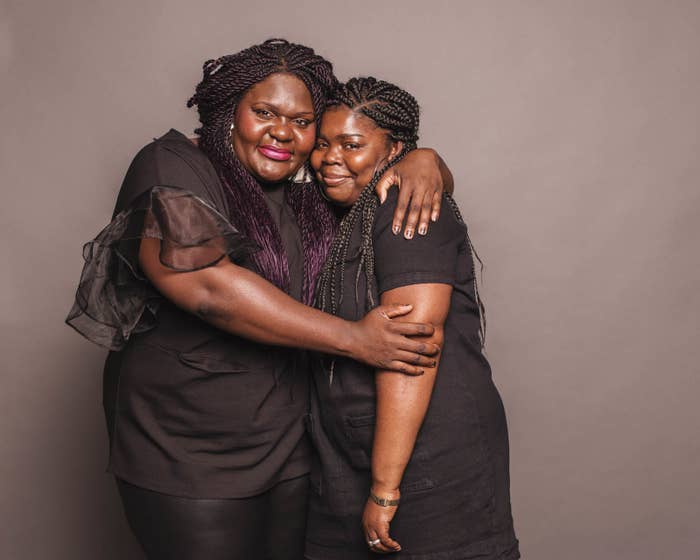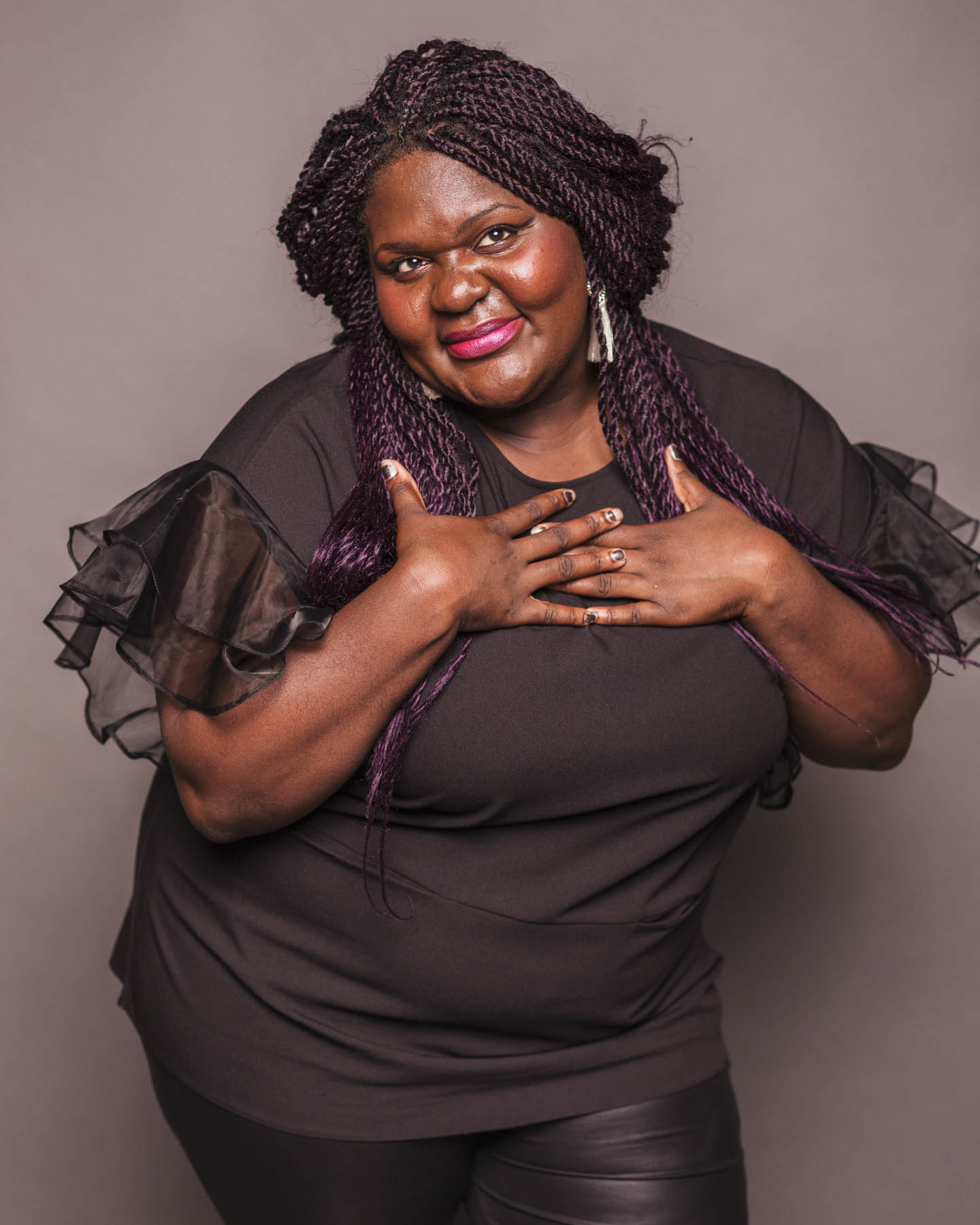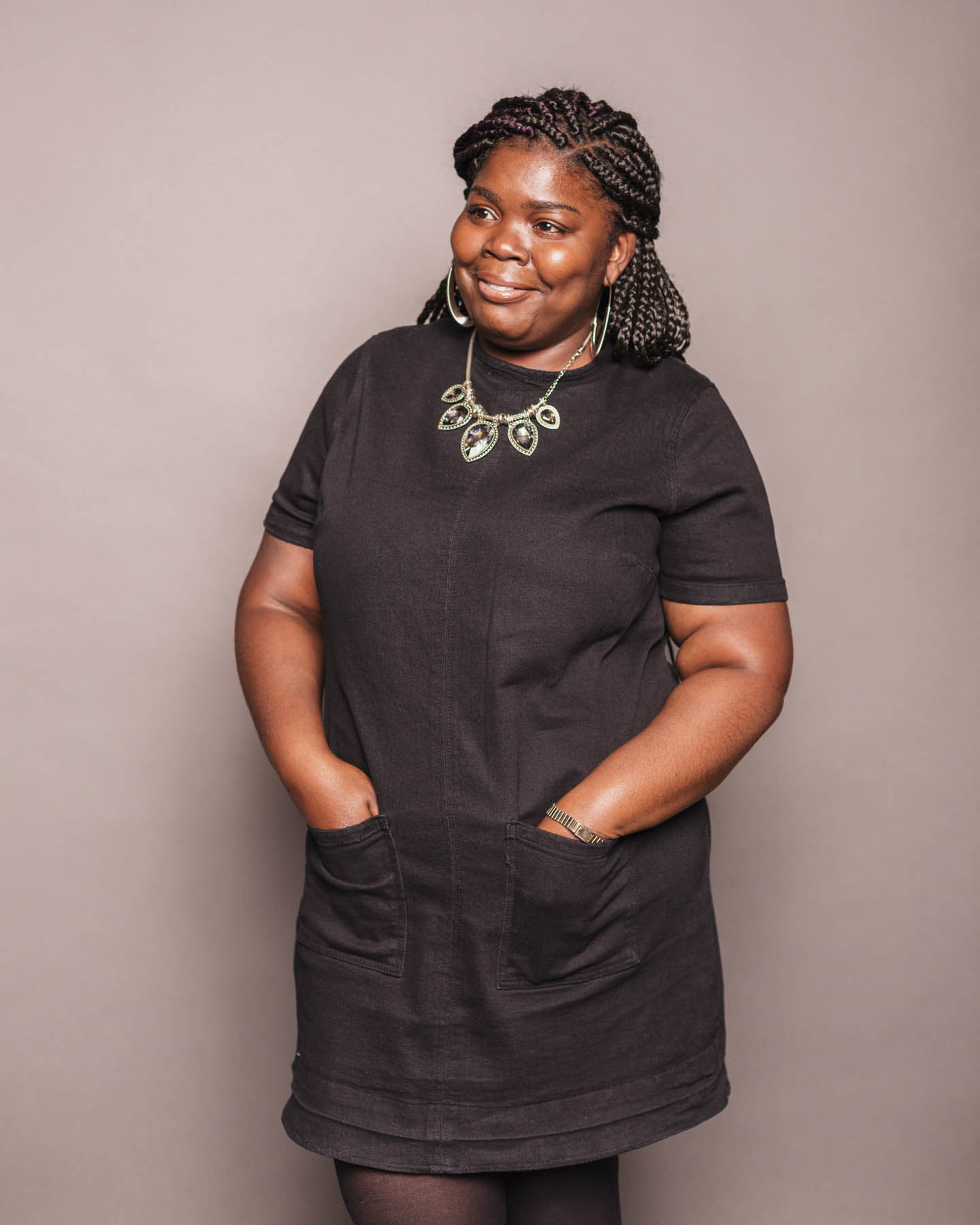A friend once admitted that when she's on her period, she sticks two tampons in her bra – one in each cup – as she gets dressed in the morning. She'd rather do this, she said, than get caught in the office reaching into her handbag for a tampon and taking that dreaded walk to the bathroom.
The ritual may seem extreme, but she wouldn't be the first person with a vagina to go to such lengths to conceal sanitary items. After all, taking your entire bag to the loo just screams, "Hello! It's that time of the month!"
So despite women feeling comfortable talking about periods with your inner circle, the "p-word" isn't something we talk about freely in public – it's still seen as embarrassing.
But two women have decided enough is enough – it's 2017, periods aren't a secret, and they're certainly nothing to be ashamed of.
For the past year social worker Elizabeth Folarin and housing officer Karleen Jones have dedicated their spare time to creating Periodical Diary – an online platform providing "period empowerment" to young girls.

"People keep whispering about periods, but we say it loud to the point where it's not awkward," Jones told BuzzFeed News. "Then people just start to talk about it on a normal level, and we know, from that day on, our job is done. That’s kind of what we’re aiming towards."
"It's a lot of work," Folarin said. "But because we're so passionate about it, and obviously because of our day-to-day jobs, where we are empowering and supporting people anyway, it sort of built up into the creation of Periodical Diary."
Periodical Diary offers a safe online space for people to talk about their periods. The pair also travel around London delivering workshops to schools to help them educate young people about menstruation.
Second delivery of #pdp in #barking and #dagenham completed 👍 #charity #schools
One section of the site, The First Series, encourages people to discuss their first period. "Some people thought they were dying," Jones said. It's a feeling she can relate to. Jones was only 10 when she started her period and had no idea why she was bleeding: "I started really early. At that time I was in primary school, I literally thought I was dying. I was running around in the playground and thought I had popped something, because I was bleeding and I didn’t understand why."
She added: "My mum was lovely about it, and really explained it to me. But what we find in the workshops is that sometimes there wasn't a female adult in the home. We met one little girl who lived with her dad, and she didn’t want to speak to her dad about it."

Silence and stigma around periods have been documented all over the world. It wasn't until 2003 that Chhaupadi – an ancient practice where menstruating people in Nepali communities were forced to sleep in makeshift huts – was made illegal, and although it may now be against the law, it is far from a thing of the past.
In 2015, Instagram deleted an image posted by art student Rupi Kaur showing her asleep with period blood visible on her trousers. Instagram removed it twice for violating its community standards, before later apologising for making a mistake.
Folarin, 32, who is of Nigerian descent, said that in some African-Caribbean societies there are taboos and a sense of shame around periods, which contributes to the spread of misinformation. "There’s a lot of misconceptions ... like the idea that if you’re on period then you’re unclean," she said.
"That's part of the reason why we are so passionate about building our platform, so people of all backgrounds can have a place to discuss periods opening and ask questions.
“There’s this idea that if you haven’t got your period then you’re pregnant and, oh my god, where’s the pregnancy test? Actually, your stress levels and the food you eat can have an impact on your cycle. So it's about developing and sharing the knowledge that a missed period is not always the sign of a pregnancy."
Another part of Folarin and Jones' job is debunking weird myths about periods, such as claims that you can't make mayonnaise while you are menstruating or that bears are really attracted to menstrual blood.
Jones, 37, who is of West Indian heritage, said that when she was growing up periods were considered a "female secret". "My mum and my gran would openly speak to me about it, but my gran would shoot looks at me if I said anything about it in front of my dad," she said. "Although my mum was very open about it, there was this unspoken, unwritten situation we were in."

The pair noticed a lot of things weren't being covered by the school curriculum, such as hygiene, the emotional side of having a period, and the possible reasons behind having irregular periods. "When we did our workshops," Folarin said, "we asked the girls questions like, 'How often do you think you should change your pad?' Some were saying once a day."
Through the workshops the two women realised that Periodical Diary could be a place where people could discuss period-related issues and offer simple advice. Many, they said, are reluctant to speak about periods at first, but once they get started it's like opening the floodgates.
Support and #Retweet our campaign to #subsidise sanitary wear for young people #Government #Petition #socialchange https://t.co/NlnqZfUimY
"There are so many women who stick their tampon up their sleeve before they go to the toilet," Jones said. "How many women would say to another woman, 'Excuse me, do you have a spare tampon?' They’d rather roll up tissue and use that as a DIY temporary pad instead."
She continued: "I think one of the reasons we have the workshops is to spread the message that it’s natural. It’s normal to have a period. It shouldn't be this whispered secret. And I think if you get this message out, then the attitude from everyone else should change."

